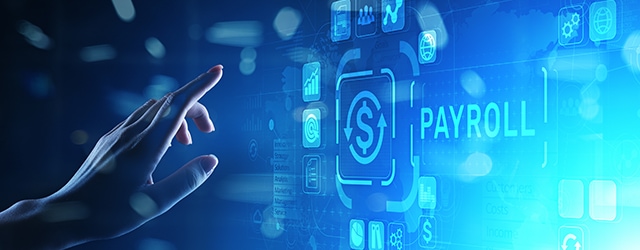Will direct deposit go the way of checks?

Direct deposit might soon follow paper checks on the road to obsolescence. Some companies are paying employees via mobile phone apps.
Zelle, a digital payments network, launched a process allowing employers to pay workers while ensuring privacy; no bank account information or routing number needed. Employees will receive their pay immediately with an email or mobile phone number, eliminating waiting period associated with signing up for electronic funds transfers.
“It makes it easier, especially in industries with lots of turnover,” says Eric Foust, senior director of Early Warning Services, Zelle’s parent company. He offers this analogy: A cinema chain loses security guards almost as quickly as it can hire them. “It’s a pain [for the company] to get information,” says Foust.
Zelle was founded in response to Venmo, PayPal’s mobile app. Prior attempts to pay employees via mobile applications failed, but now funneling pay through mobile apps could further disrupt the semi-monthly EFT, which had itself disrupted the weekly paycheck.
“The current payroll cycle is antiquated,” according to S&P Global Market Intelligence research analyst Nimayi Dixit. Apps like Earnin can even give employees payment on a daily basis, which a company spokeswoman says could unseat predatory payday lenders.
Mobile payroll is global; WhatsApp, Facebook’s encrypted messaging service, is creating a payment feature for its 200 million users in India, which could be adapted for payroll. According to S&P Global Market Intelligence analysts in India, WhatsApp and other competitors in India’s mobile payments space race to acquire users, and payrolls are a key entry point.
The downside for mobile app approaches to payroll is that it works strictly as a transfer of value and does not manage tax and regulatory paperwork. Paychex, on the other hand, has a mobile app that promotes employee self-service, but cannot transfer value.



